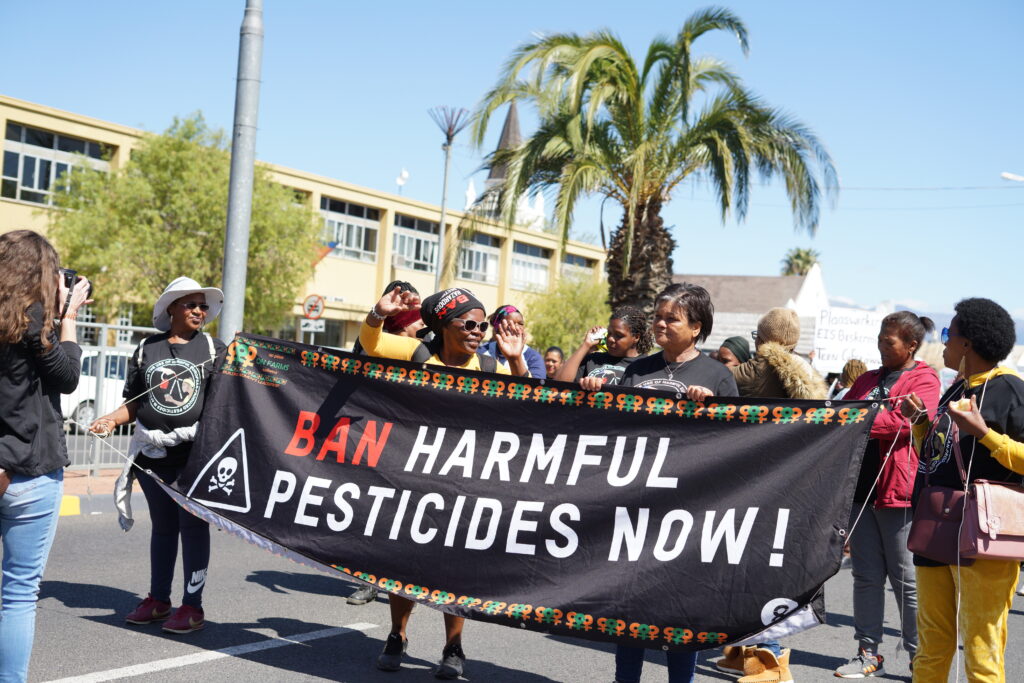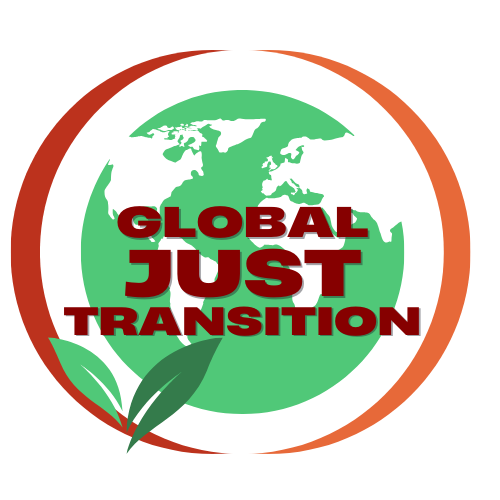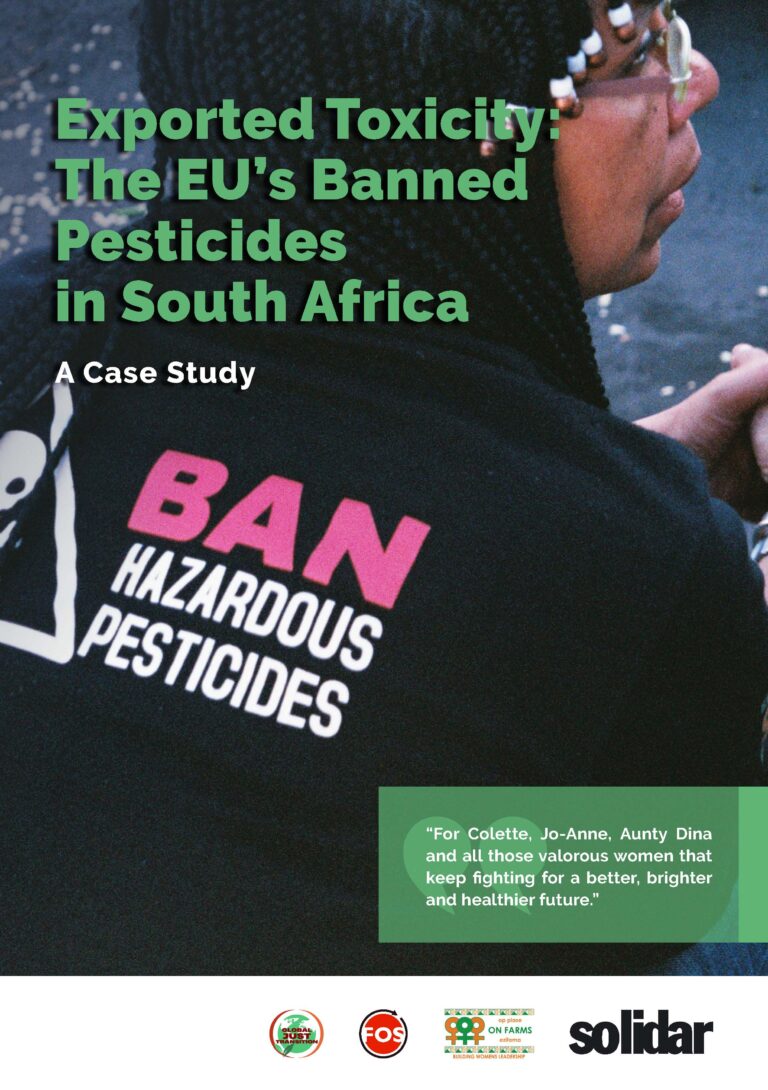Every Life Counts: SOLIDAR joins call to end EU exports of hazardous pesticides
SOLIDAR has proudly joined forces with more than 200 other organisations to sign a joint letter calling for a ban on EU production and exports of banned and hazardous pesticides. Ahead of the informal meeting of EU leaders that took place on June 17th to discuss the Strategic Agenda for the next legislative cycle, this collective action, addressed to the Council of the European Union, underscores the urgent need to end this unfair double standard.

“In the EU, the pesticides regulatory framework allows a certain level of protection to citizens’ health and the environment. Additionally, protective equipment is available and used by EU farmers. In Low and Middle-Income Countries, national regulations are often less protective, and farmworkers cannot afford decent protection against pesticides exposure”, the letter says.
Moreover, although Highly Hazardous Pesticides (HHPs) have been progressively banned in the EU over the past few decades, they continue to be produced and exported to third countries, exemplifying a stark double standard. Therefore, SOLIDAR supports the call on the EU Leaders to make the ban on HHPs a top political priority of the next five years strategic programme and end this unfair double standard, which harms importing countries without bringing substantial benefits to the EU nor to the exporting countries.
About SOLIDAR’s work on double standards
In the framework of the Global Just Transition Campaign, SOLIDAR has been actively raising awareness and advocating for policy changes regarding the EU’s double standards in hazardous pesticide trade.
In November 2023, we organised an advocacy tour with our Belgian member FOS and the South African organisation, Women on Farms Project (WFP)to share their testimonies and advocacy messages with policymakers, Trade Unions representatives and other CSOs about the need to ban hazardous pesticides’ production and export.
In February 2024, we published a detailed case study titled “Exported Toxicity: The EU’s Banned Pesticides in South Africa”, which sheds light on the detrimental impacts that these banned substances have on the health of South African farmworkers and dwellers.
The fight of farm workers in South Africa continues: on Monday June 4th, more than 200 women marched to the Parliament in Cape Town, representing the voices of affected communities, and demanding the same level of protection against hazardous chemicals that is given to EU citizens. SOLIDAR stands in solidarity with Women on Farm and the other organisers: the lives of South African farm workers, and others in the global South to whom these dangerous pesticides are exported, are equally valuable as those of European citizens. Their fight is ours, and we are committed to working alongside them to ensure that the harmful practice of exporting banned pesticides is stopped. EU policies that have negative externalities must be phased out to contribute to a Global Just Transition!





